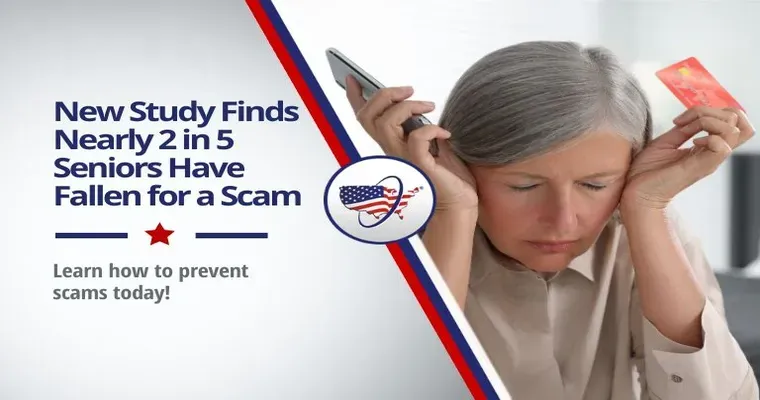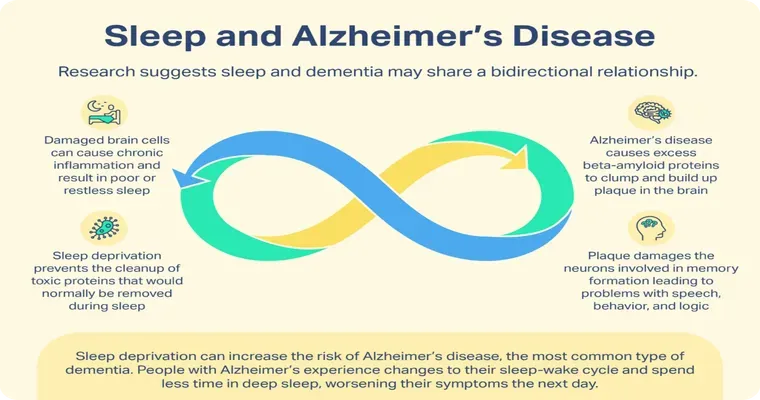If you have found yourself in a situation where a "senior care center" is attempting to "scam" you or a loved one, it can be both alarming and confusing. Unfortunately, scams targeting seniors are on the rise, and it's crucial to recognize the red flags and know how to respond effectively. In this article, we will provide you with practical advice on how to handle this situation and protect yourself or your loved ones from potential fraud.
Recognize the Signs of a Scam
Understanding the common tactics used by "senior care centers" that are running scams is the first step in protecting yourself. Here are some warning signs to look out for:
1. "Pressure Tactics": Scammers often create a sense of urgency, pushing you to make quick decisions without fully considering your options.
2. "Unsolicited Offers": Be wary of unexpected calls or visits from care centers offering services that you did not request.
3. "Unclear Costs": If a senior care center is vague about their fees or tries to upsell unnecessary services, it may be a red flag.
4. "Lack of Transparency": Legitimate facilities will provide clear information about their services, policies, and history. A reluctance to share this information is concerning.
Verify the Care Center's Credentials
Before engaging with any "senior care center", it's essential to verify their credentials. Here are steps you can take:
"Check Licensing": Ensure that the facility is licensed and meets state regulations. You can usually find this information on your state's health department website.
"Read Reviews": Look for reviews on third-party sites or forums where families discuss their experiences with different care centers.
"Visit the Facility": If possible, visit the care center in person. This allows you to assess the environment and ask questions directly.
Protect Your Personal Information
If you suspect you are dealing with a scam, it is vital to protect your personal information. Follow these guidelines:
"Do Not Share Sensitive Information": Avoid giving out financial details, social security numbers, or other personal information over the phone or online.
"Use Secure Payment Methods": If you must make a payment, use secure methods such as credit cards, which offer better fraud protection than cash or wire transfers.
Report the Scam
If you believe you have encountered a scam, reporting it is crucial not only for your protection but also for the safety of others. Here’s how to report a scam:
"Contact Local Authorities": Report the scam to your local police department, as they may have resources to investigate.
"File a Complaint": You can file a complaint with the Federal Trade Commission (FTC) at reportfraud.ftc.gov. This helps track scam activities and may aid in future investigations.
"Alert Consumer Protection Agencies": Organizations like the Better Business Bureau (BBB) can also provide assistance and help raise awareness about fraudulent practices.
Seek Legal Assistance
If you or a loved one has fallen victim to a "senior care center" scam, seeking legal advice can help you understand your rights and options. An attorney specializing in elder law can provide guidance on how to proceed and potentially recover lost funds.
Conclusion
Navigating the world of "senior care" can be challenging, especially when faced with potential scams. By recognizing the signs of a scam, verifying credentials, protecting personal information, and reporting incidents, you can take proactive steps to safeguard yourself and your loved ones. Remember, staying informed and vigilant is the best defense against fraud. If you have any doubts or concerns, do not hesitate to seek advice from trusted family members, friends, or professionals.





